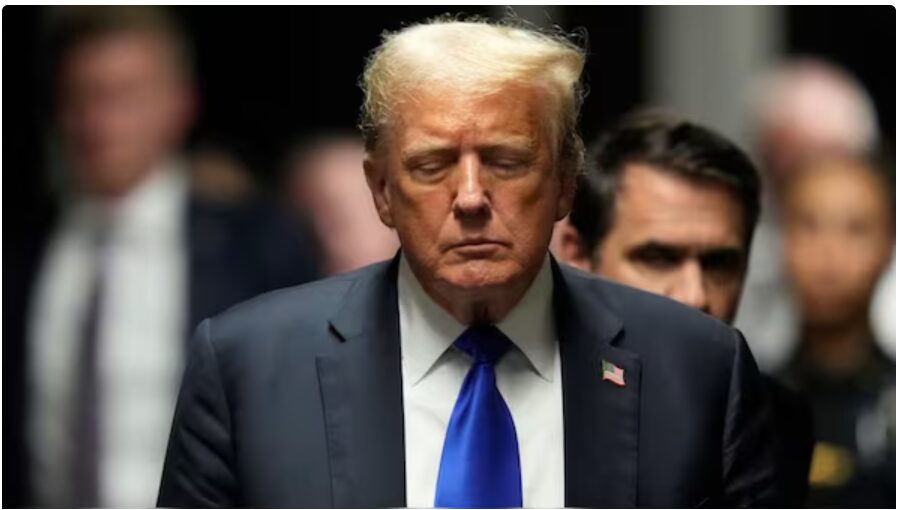Former President Donald Trump is once again under legal scrutiny as prosecutors have filed revised charges related to his alleged interference in the 2020 presidential election. The updated indictment, unsealed on August 27, 2024, broadens the scope of the original charges, potentially complicating Trump’s bid for the 2024 presidential election.
New Charges and Allegations
The revised indictment includes several new allegations against Trump. Specifically, he is accused of:
1. Conspiracy to Defraud the United States: Prosecutors allege that Trump, along with several associates, engaged in a coordinated effort to subvert the election results. This includes attempts to influence state officials and pressure them to overturn the certified results.
2. Witness Tampering: The indictment also brings forth allegations of Trump trying to intimidate or coerce witnesses involved in investigations into his election conduct.
3. Document Destruction: New charges include the accusation that Trump, or his associates, deliberately destroyed or altered documents related to the election interference probe.
The revised charges are a significant development in a case that has already seen considerable legal and political controversy. Special Counsel Jack Smith, who is leading the investigation, has emphasized that these charges are crucial for upholding electoral integrity and ensuring accountability.
Impact on Trump’s 2024 Campaign
The legal battles surrounding Trump could have far-reaching implications for his 2024 presidential campaign. Here’s how:
1. Legal Hurdles: The revised charges could lead to lengthy court proceedings, potentially distracting Trump from his campaign activities and reducing his ability to focus on political strategy and voter outreach.
2. Public Perception: Trump’s legal woes may impact his public image. While his base remains fiercely loyal, moderate and independent voters could be swayed by the ongoing legal controversies. The charges might influence swing state dynamics, where legal issues could be perceived as a liability.
3. Campaign Strategy: The campaign may need to pivot to focus more on defending Trump against legal attacks rather than promoting policy platforms and rallying support. This shift could affect campaign effectiveness and resource allocation.
4. Election Integrity Discourse: The charges themselves reinforce the broader narrative of election integrity, which Trump has made a central theme of his political rhetoric. The evolving legal situation could either galvanize his supporters or further alienate undecided voters.
The revised charges against Donald Trump present new legal and political challenges. As he gears up for the 2024 presidential race, these developments will likely play a significant role in shaping both his campaign strategy and his public standing.
